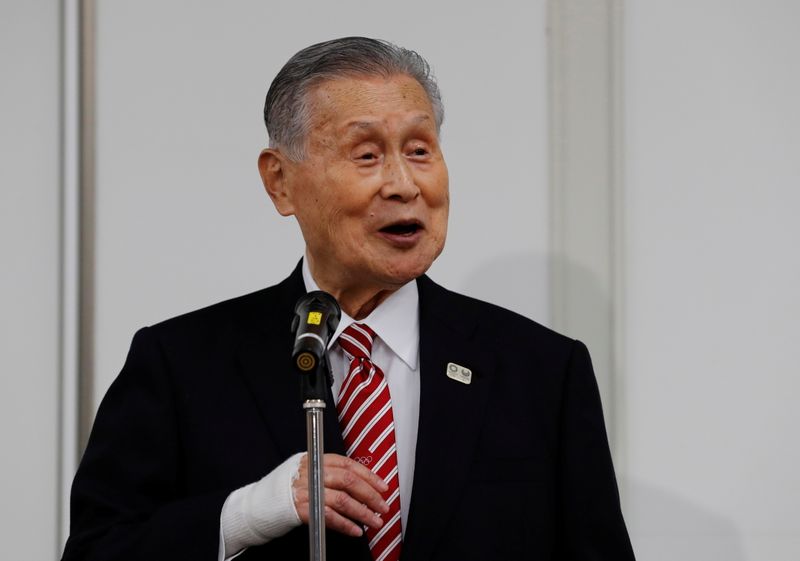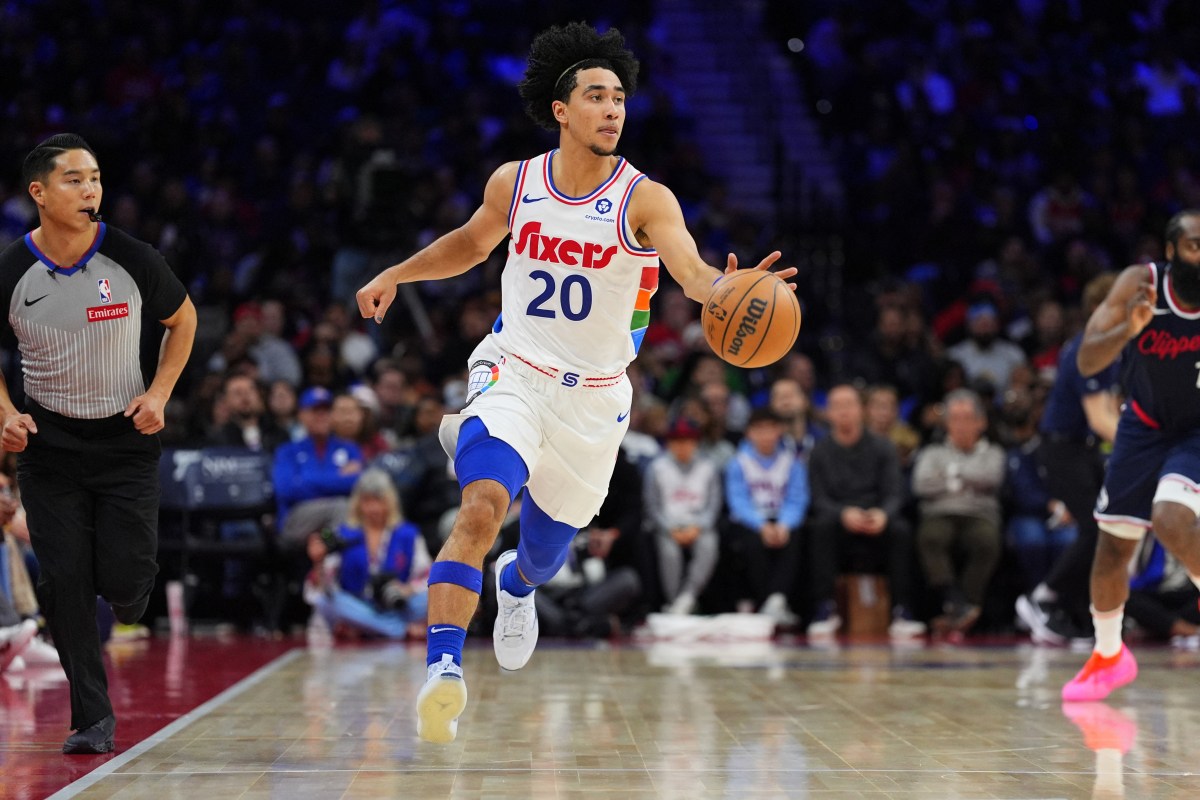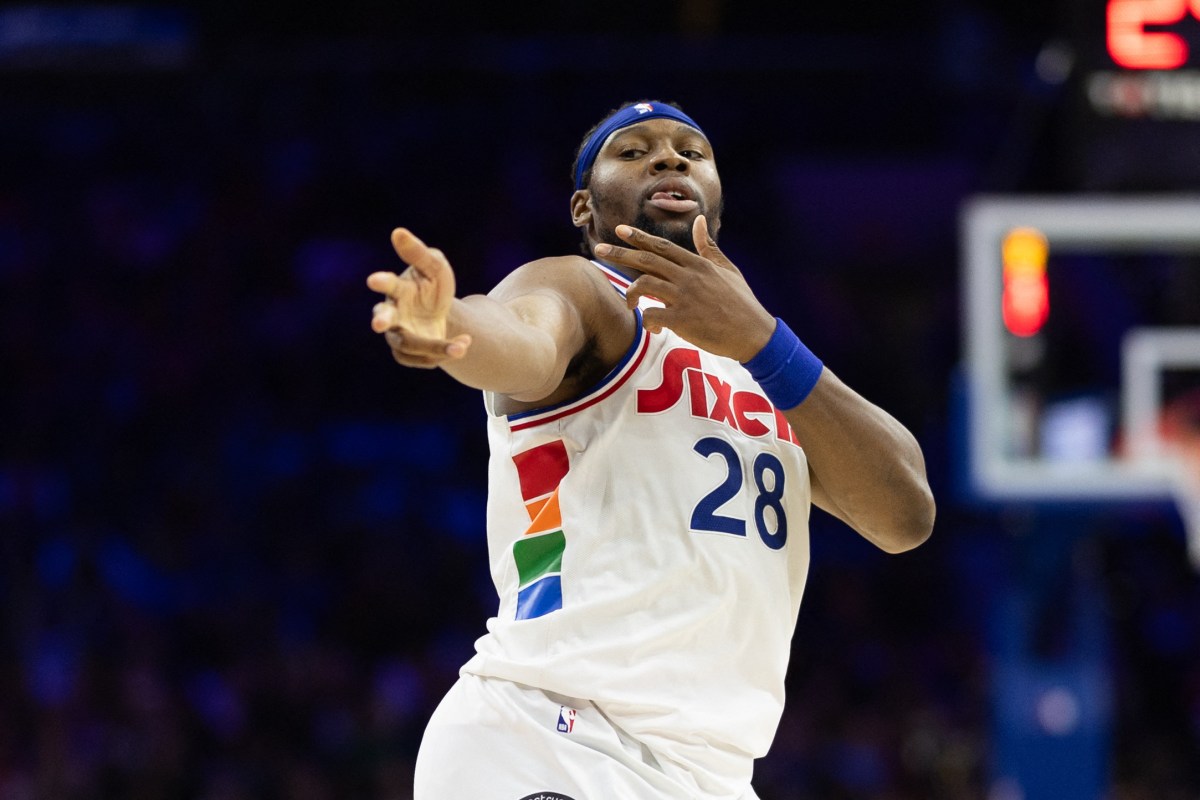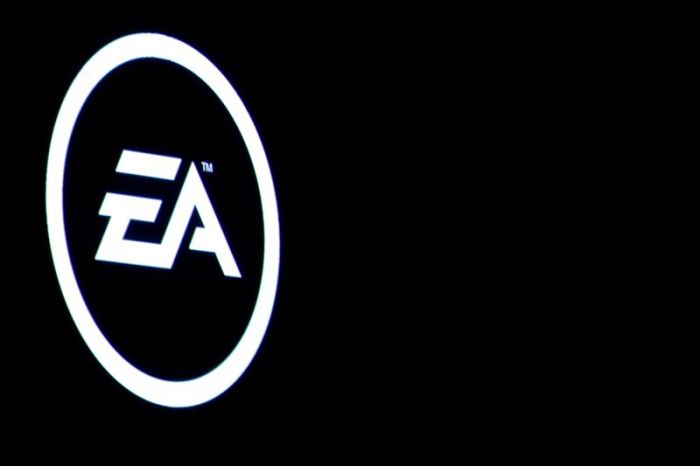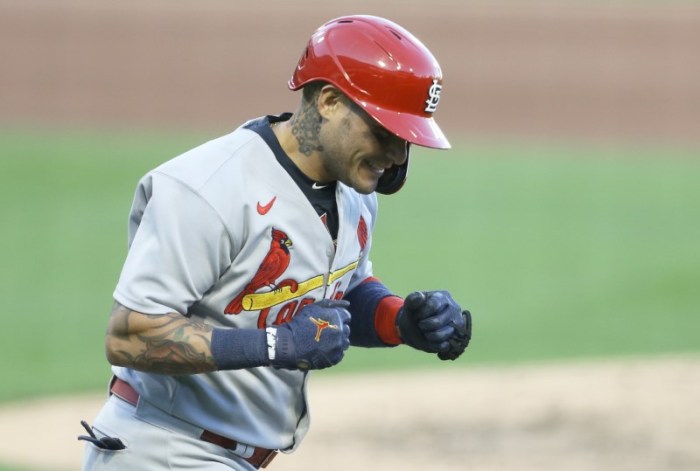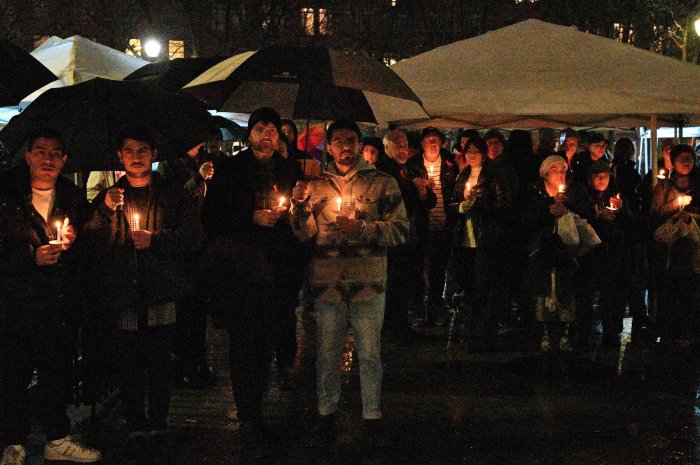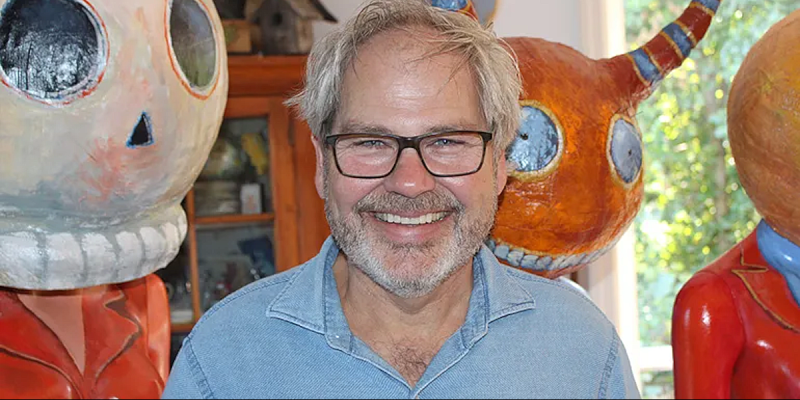TOKYO (Reuters) – When the head of Tokyo’s Olympic organising committee said women talked too much at board meetings, a storm of criticism erupted in Japan, with top athletes and cabinet ministers condemning his remarks as sexist and archaic.
Yoshiro Mori apologised at a press briefing last week, only to justify the comments in subsequent interviews, inviting further criticism.
Despite the condemnation, the 83-year-old remains insulated within the organisation he leads, sources say, with officials fearing that his resignation would imperil the Tokyo Games.
In interviews with Reuters, Olympic and ruling party officials say few are willing to oust the influential Mori, a former prime minister whose deep network of politicians and Olympic officials is key to pulling off a successful Games.
“We had told him beforehand, ‘you can’t say anything about resigning’,” said one source with direct knowledge of the matter, referring to Mori’s encounter with reporters last week. The source, who declined to be named because of the sensitivity of the matter, said Mori still had strong support from Japan’s government and the International Olympic Committee (IOC).
“Nothing good will come from replacing him,” the source said.
The IOC said it had accepted Mori’s apology and considered the matter closed, while the Tokyo organising committee released a statement on Sunday saying Mori had retracted his comments and apologised.
In response to Reuters’ questions, the committee reiterated its commitment to gender equality and diversity and called Mori’s comments “not only inappropriate but also contrary to the Olympic and Paralympic spirit”.
“We will continue to pay close attention to the status of the COVID-19 pandemic, take all possible countermeasures, and prepare for a Games where safety and security are paramount,” the organisation said in an emailed statement to Reuters.
In an interview with the Mainichi newspaper published on Saturday, Mori said he had considered resigning but was persuaded not to by officials.
“Everyone stopped me, saying that the IOC would worry and that it would lose Japan’s trust,” he said.
Though Prime Minister Yoshihide Suga called Mori’s comments inappropriate on Monday, he reiterated that he had no authority to demand that the Tokyo Olympics chief step down.
The Tokyo Olympic organising committee is set to convene a special board meeting as early as this week, according to local media reports. Broadcaster NHK said Mori’s remarks would be on the agenda.
“WALKING DICTIONARY”
The Tokyo Olympics, delayed from last year by the coronavirus, are due to begin in July. For officials, the Mori controversy adds to a long list of hurdles facing the event.
With less than six months to go, organisers in Tokyo are rushing to put in place coronavirus measures that will allow thousands of athletes to gather amid a third wave of the pandemic.
“He is a walking dictionary of the Olympics and he knows everything about the last eight years,” said a senior member of the ruling Liberal Democratic Party involved in the Tokyo Olympics, explaining why Mori still enjoyed strong support from government officials.
Mori’s strength as the chief of the Tokyo 2020 committee comes from his experience as a prime minister and longtime ruling party powerbroker.
“Things function smoothly thanks to Mr. Mori,” the party source said.
Another source, a mid-level employee at the organising committee, said many felt that only Mori had the kind of clout to call up governors and ministers to pave the way for the postponed Games.
“There is a sense within the organising committee that we might not be able to do it without the president,” the source said.
In an email exchange seen by Reuters, an employee of the organising committee said it was important for Mori to “quietly overcome” the crisis and for officials to do all they could to “protect” him from the public fallout.
Kaori Yamaguchi, a judo champion and member of the Japanese Olympic Committee (JOC) board, said many believed Mori was “untouchable”.
“I think it’s much easier for the IOC, it’s faster to work with a dictator,” said Yamaguchi, who was present at the JOC meeting last week where Mori made the sexist remarks. “If Mori says OK, it means OK,” she said, noting there was little incentive for organisers to replace him now.
In an email, the IOC referred Reuters to a statement that called Mori’s recent comments “absolutely inappropriate” and in contradiction to the group’s commitments and reforms.
“As the leader of the Olympic Movement, we are committed to our mission to encourage and support the promotion of women in sport at all levels and in all structures, as stated in the Olympic Charter,” it said.
In an emailed response to Reuters, longtime IOC member Dick Pound said though Mori’s remarks were “unfortunate” they had been withdrawn and he had apologised.
“I think we should all get on with our lives,” he said.
Despite his support from senior officials, the public remains wary of Mori. Nearly 60% of Japanese said in a Kyodo poll that he was “unfit” to head the organising committee, and 80% opposed holding the Olympics as scheduled.
Some rank-and-file employees at the organising committee agree, saying Mori’s comments were an insult to the staff.
One said Mori should have addressed his own staff after apologising in public, while another said the IOC should have taken stronger action.
“I believe Mori’s remarks to be insulting to the women who are working to make the Games a success and I am confident that the female staff … do not accept his apology,” said an organising committee employee, who declined to be named as she was not permitted to speak to the press.
(Reporting by Yoshifumi Takemoto, Jack Tarrant, Eimi Yamamitsu and Mari Saito; Additional reporting by Nathan Layne; Writing by Mari Saito; Editing by Giles Elgood)

